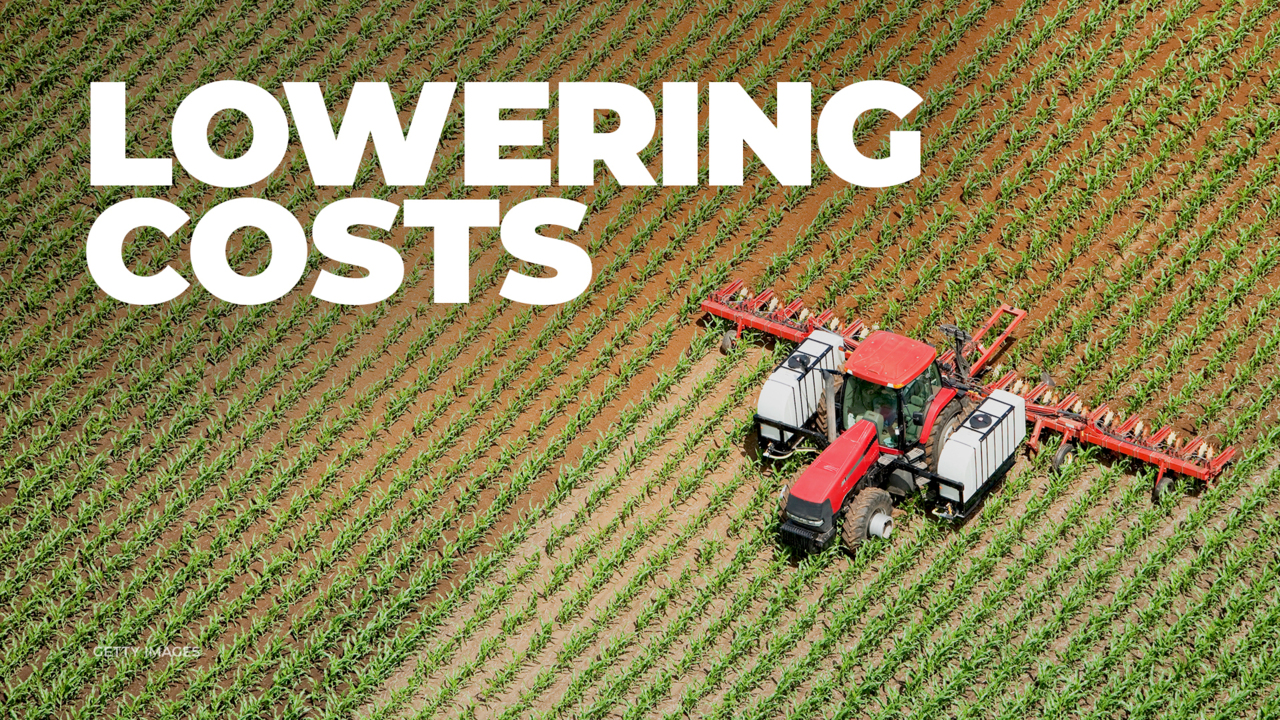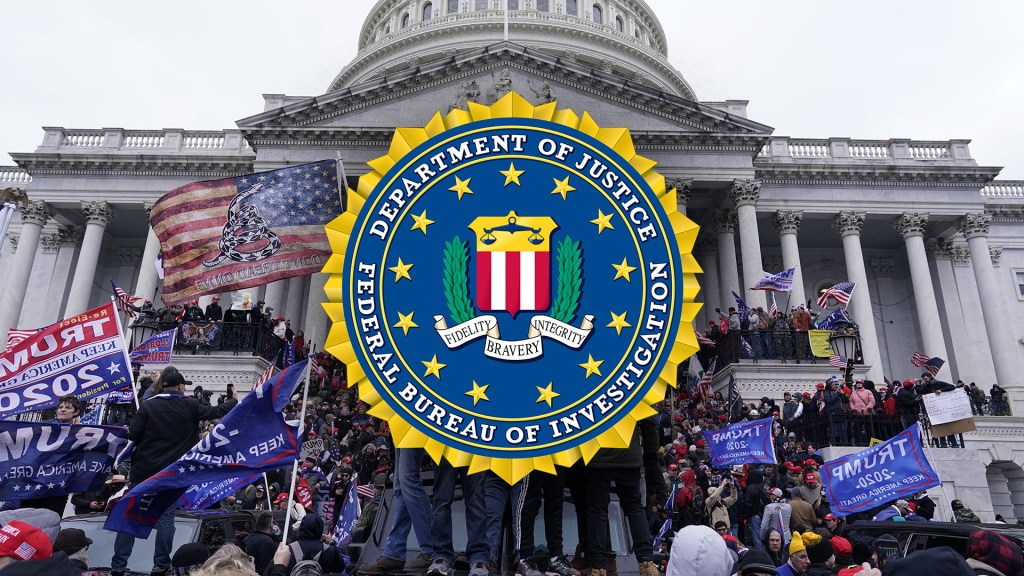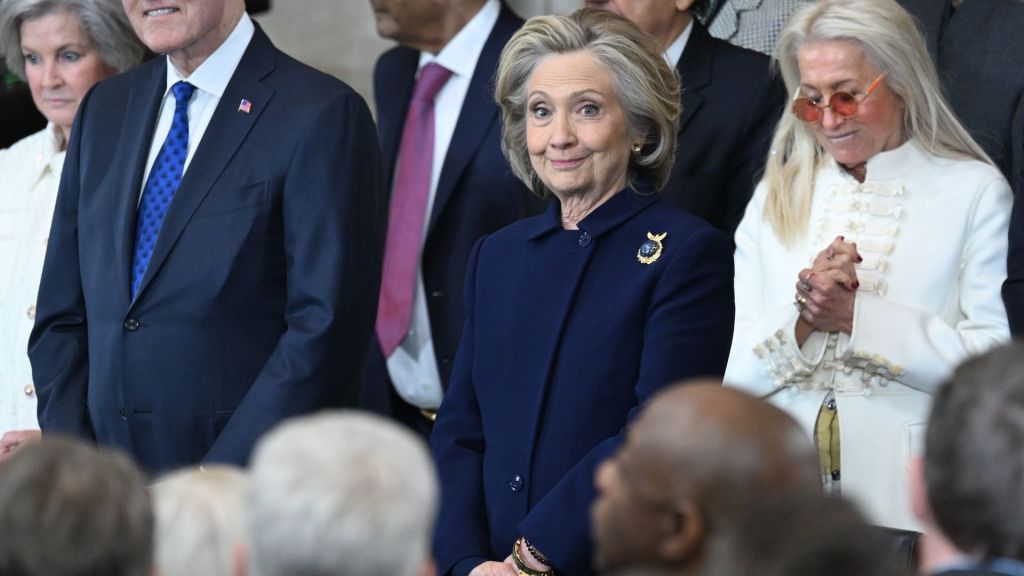
The House of Representatives passed the lower food and fuel costs act in a mostly party line vote. All but five democrats voted in favor, all but seven republicans voted against. Supporters want the bill to help control inflationary costs.
First on food, the bill provides 500 million dollars in USDA funds to help farmers lower their fertilizer use and other costs using a nutrient management assistance program. It also creates a special investigator for the meatpacking industry to crack down on anti-competitive practices, which democrats say is an especially big problem for the cost and quality of chicken.
Speaker Nancy Pelosi – Speaker of the House says: “By taking action to lower the cost on the farm, we lower the cost on the shelf in the grocery store and on the kitchen table.”
The bill also aims to reduce gas prices by allowing the year round sale of gasoline with a 15 percent ethanol blend. Lawmakers say that will save drivers an average of 40 cents per gallon.
Rep. Dusty Johnson – R-SD says: “Once fully implemented that could put an extra 8 billion gallons of homegrown American Fuel into the supply chain. That is gonna have a big impact on gas prices.”
The bill provides 200 million dollars in grants for gas stations and transportation companies to either install or retrofit pumps and storage tanks. While ethanol fuel is cheaper, it needs special storage because it evaporates very quickly making it even more flammable, and it absorbs water which is terrible for engines. Straight from DC, I’m Ray Bogan.










